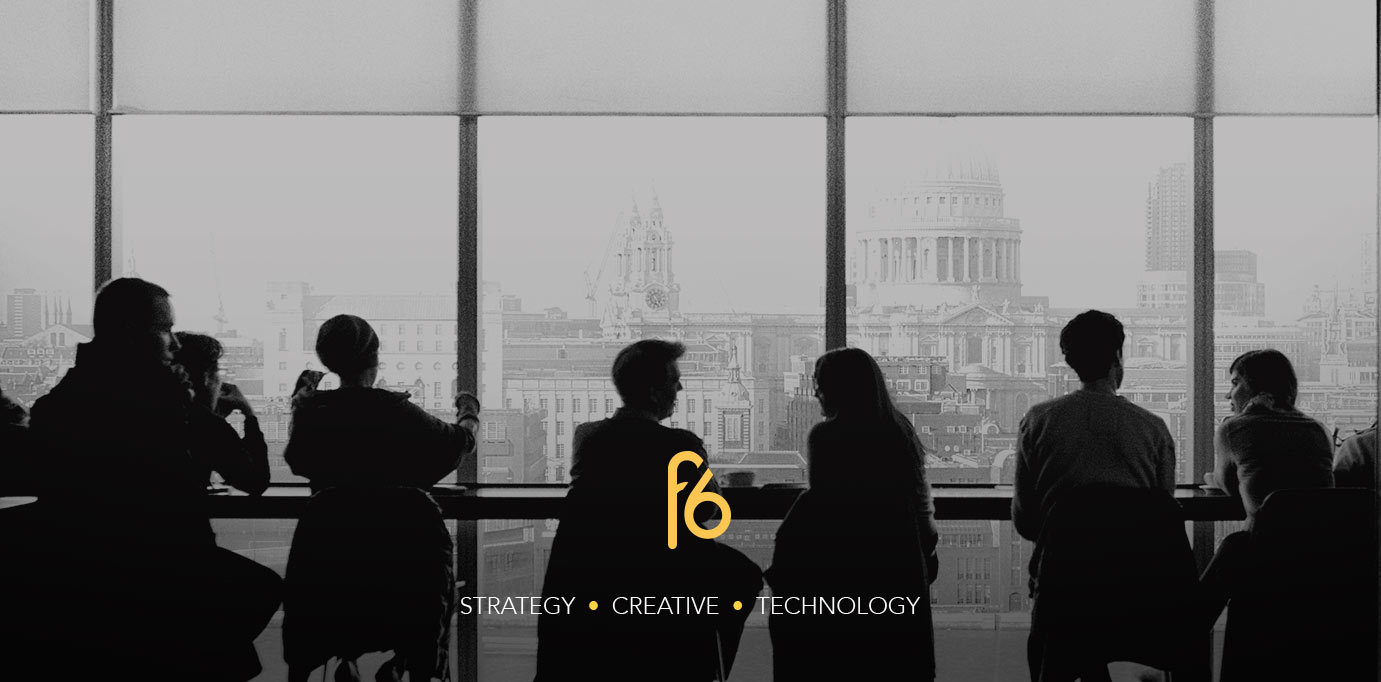Last month I spoke about how important it is to measure ROI at an event, but the question remains: how can you ensure you’re getting the best ROI possible?
Every event is different, and therefore requires a different approach—a one size fits all approach won’t cut it. Therefore, this month I thought I’d go into a bit more detail about the different kinds of events we help our clients with, and what is needed to take into consideration when planning your event marketing.
Event marketing is the process of creating a themed exhibit, a display or a presentation to help promote your business, your services and your products. Events help to leverage personal engagement and can occur offline or online, whereby you can be present at, you can host or you can sponsor. The promotion of these activities can use various inbound and outbound marketing techniques to help drive your desired ROI.
There are many reasons why a business chooses to participate in an event. Depending on your business’s objectives and goals, a small business may want the exposure that a virtual event can offer, while a larger company may need a more personal face to face interaction that an industry event offers.
There are 4 key reasons for event marketing:
Brand Awareness
The main reason a business will participate in an event is to help build their brand awareness to build trust and credibility with their target audience and clients.
Lead Generation
Events help to drive lead generation as it is the perfect place where your target audience will be, allowing you to interact with customers or potential customers that already have an interest in what you have to offer.
Customer Engagement or Upsell Opportunities
Events offer a huge opportunity for customer engagement, retaining and growing existing customers which helps builds loyalty.
Education
Most people attend events to network with like-minded people, gain insight and knowledge in their profession and industry.
Examples of Offline events:
Industry/Trade Show
An industry event is a physical gathering of individuals in a particular industry in a form that typically features many companies in a specific market. A business may sponsor or participate to showcase their products and services, or simply network and strengthen their presence in a market. When considering sponsoring or participating in an event, your business should identify the outcomes it wants to attain from the event and develop a plan around that to achieve those results. Will you be reserved a speaking slot for your business? If so, it’s important to craft a concise and compelling pitch. Another thought—will your business be offered additional ways to gain more exposure while participating in the event?
Industry conference/seminar
Conferences or seminars are often industry-specific marketing events that gather attendees for the purpose of delivering insightful and relevant content. Conferences tend to be on the larger scale compared to seminars. It’s critical to impart knowledge that the audience will value—and that sets your company apart. By securing quality, high-profile speakers, you can draw a crowd. And by sharing unique insights that are relevant to the audience, you can advance your reputation as a thought leader in the industry and establish a critical connection between your brand and prospective buyers.
Corporate hospitality
These are typically more intimate, more targeted events. They can be both customer and prospect focused. These events can be smaller with 8-10 people, or can be larger with 50 or more attendees. For the smaller events, these are typically high level and provide executives a private setting for networking. On a larger scale, breakfasts, lunches, and dinners can include thought leadership presentations.
Examples of Online events
Webinars
A webinar is a presentation, discussion, seminar or workshop that is delivered via the web using video conferencing software. A webinar can take place in real-time or on-demand, and typically last from 30-60 minutes. Real-time webinars enable interaction among participants, providing the opportunity to receive and discuss information on a topic that is presented. Real-time webinars can be interactive on many levels, and typically allow attendees to ask questions directly to presenters.
Virtual Events
A virtual event enables individuals in different locations to participate in a virtual environment, rather than meeting in a physical location. A virtual event has the look and feel of an offline event, by combining education, networking, and interactive features. Participants can collect materials, meet the staff, and ask questions. These programs tend to happen in real-time for all participants.
Live Streaming Events
Live streaming is a way to broadcast your event live to your viewers. You can conduct these with a simple webcam or employ a full production crew for higher quality broadcasting. There are many applications that allow you to fully stream, record, and engage your audience with chat and social media functionality.
What to take into consideration
- Try to avoid too many gimmicky things that will distract your actual message that you are trying to push out.
- Make sure staff are organised and are clear on their position and purpose why they are at the event.
- Don’t use poor quality visuals or cheaply branded marketing collateral. Impressions are important, so it’s worth investing time and effort before the event so that your brand is represented in the right way.
- Don’t adopt a one size fits all approach
Planning and promotion essentials
- Set realistic and targeted goals
- Incorporate a strong theme and be creative
- Include multiple touch points in your promotion
- Segment your promotions to reach the right audience
Events must be memorable and when done well, events have the power to create lasting powerful impressions of your company and what you have to offer, rather than being a staged advertisement for your brand.


